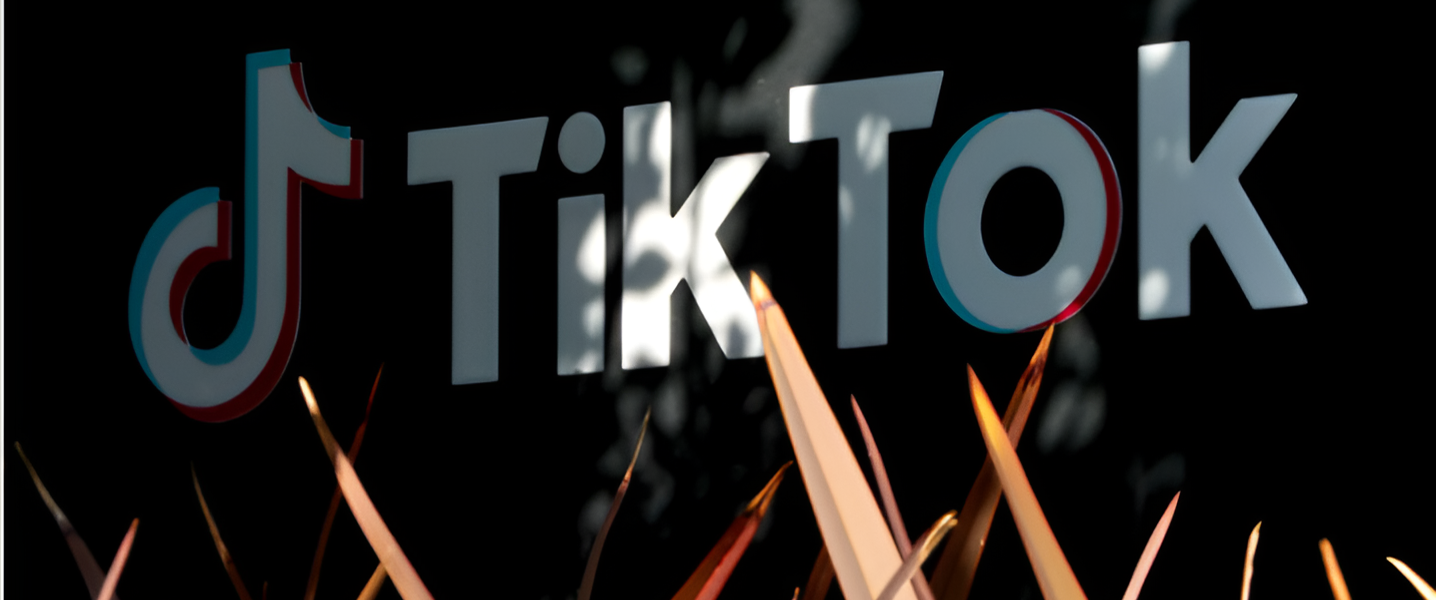
The U.S. Justice Department has decided not to pursue allegations that TikTok misled U.S. consumers about its data security, in a significant development concerning its ongoing legal battle. According to sources familiar with the decision, the department will now focus solely on accusations that the popular video-sharing app violated the Children’s Online Privacy Protection Act (COPPA), which restricts the collection of data from children under the age of 13.
This decision stems from a referral provided by the Federal Trade Commission (FTC), which has been investigating TikTok for alleged privacy violations. The Justice Department, while reviewing the case, has opted to drop one part of the lawsuit, which accused TikTok of misleading consumers by not disclosing that employees of its parent company, ByteDance, based in Beijing, had access to sensitive user data, including personal and financial information. However, the government plans to proceed with the claim that TikTok violated children’s privacy protections.
This move comes amid growing scrutiny over TikTok’s data security practices, particularly in relation to its connections with China. In response to concerns that user data may be accessed by the Chinese government, TikTok has faced increasing regulatory pressure, including a recent law signed by President Joe Biden in April, which mandates that the company must be sold within a year or face a complete ban. TikTok has challenged this law in court.
The FTC referred the matter to the Justice Department as part of its ongoing enforcement of consumer protection laws, particularly those involving children’s online privacy. In 2019, TikTok settled similar allegations for $5.7 million, agreeing to implement stricter data compliance measures. The current case builds upon the company’s ongoing failure to fully comply with these measures, as revealed in annual reports to the FTC.
Although the DOJ has dropped the allegations regarding misleading data privacy practices, the shift in focus to child privacy violations highlights the continued concern over how social media platforms collect and manage data, especially that of minors.
The Justice Department, which typically handles consumer protection cases in partnership with the FTC, now has 45 days to decide whether it will proceed with litigation, as it takes control of enforcement and retains a portion of any penalties. The FTC, which has advocated for more autonomy in consumer protection cases, has also called on Congress to amend laws allowing the agency to directly litigate cases, rather than rely on the DOJ for referrals.
TikTok’s legal troubles are far from over as the company continues to navigate an increasingly complex landscape of regulatory scrutiny in the U.S.





